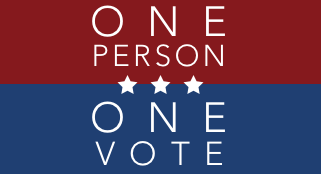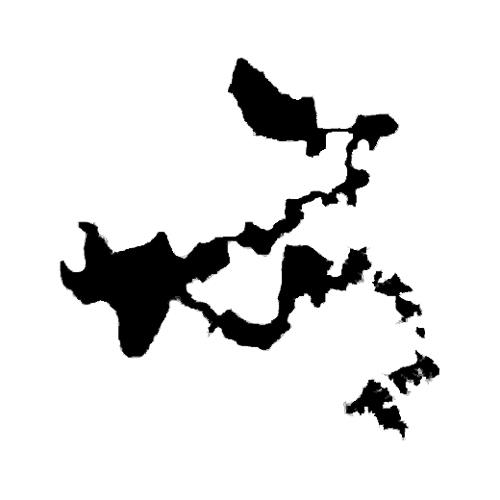Investing in students instead of student loans
Submitted by brad on Tue, 2019-04-30 12:24
Student loan debt has become a hot election issue. It's immense, has ruined some lives (but also vastly improved others) and is connected to (and possibly even the cause of) the cost of education growing much faster than inflation.












 The constitution says very little about districting. In fact, it doesn't even demand districts! States could have, if they chose, selected their representatives in a statewide proportional vote. Later federal laws, however, have demanded each person have one congress member, which demands geographic districts. About half the states require the districts be contiguous, but the others don't. The voting rights act and other principles have forbidden drawing the lines on racial or minority grounds, but not on the grounds of "this helps incumbents keep their seats" -- that's still largely within the rules.
The constitution says very little about districting. In fact, it doesn't even demand districts! States could have, if they chose, selected their representatives in a statewide proportional vote. Later federal laws, however, have demanded each person have one congress member, which demands geographic districts. About half the states require the districts be contiguous, but the others don't. The voting rights act and other principles have forbidden drawing the lines on racial or minority grounds, but not on the grounds of "this helps incumbents keep their seats" -- that's still largely within the rules.